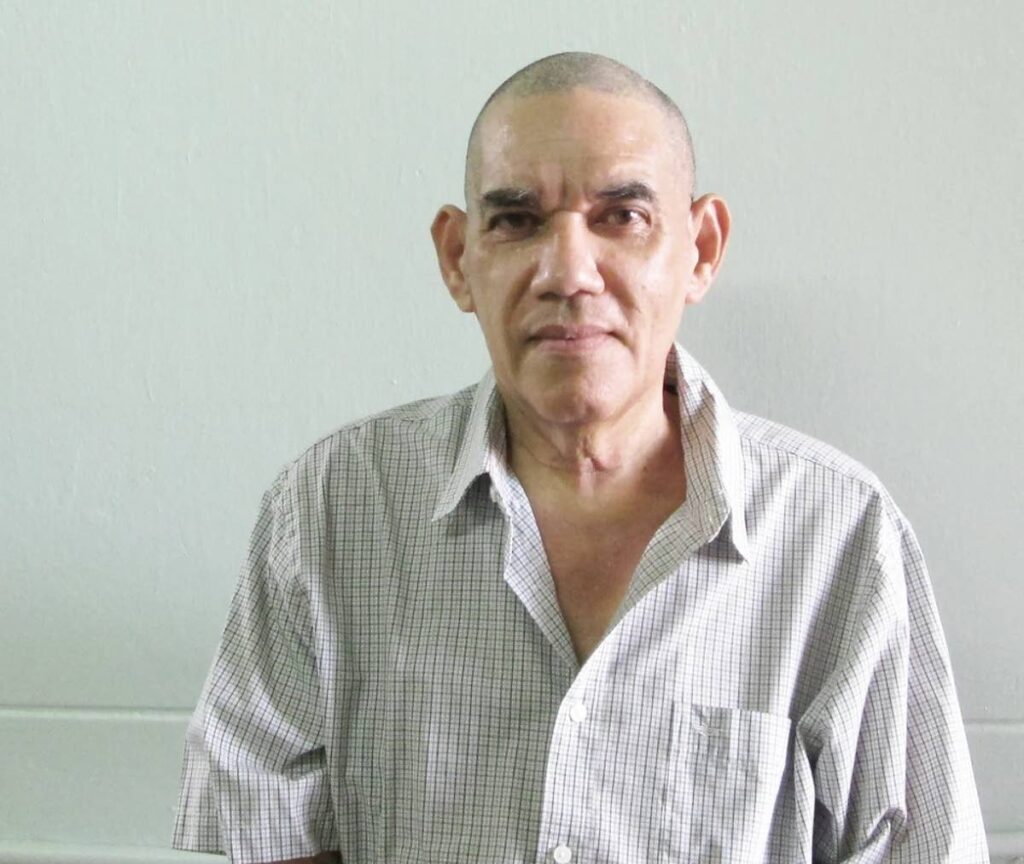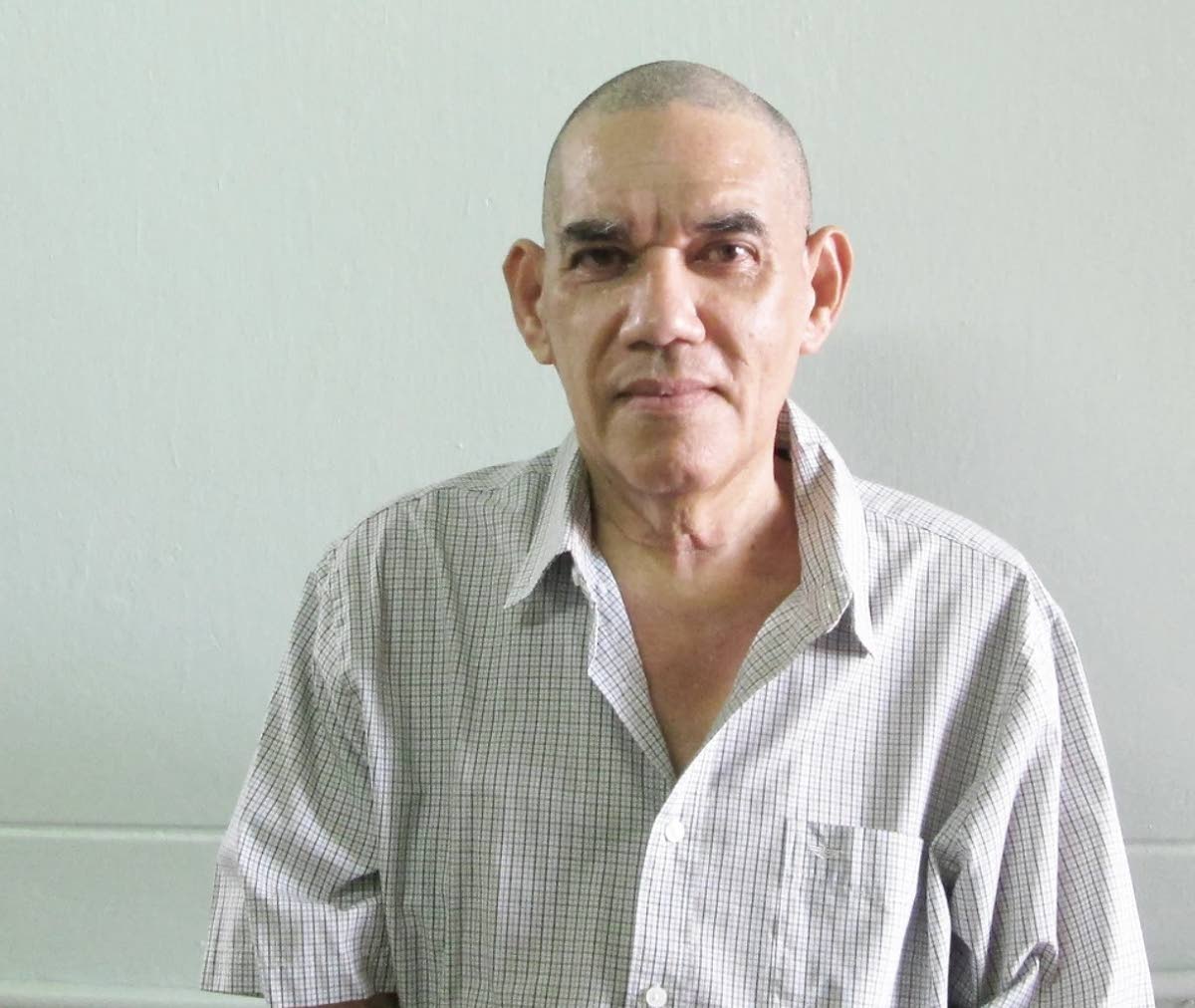The Belizean sugar industry is set to commence its 2026 harvest on Monday, January 19th, following significant infrastructure investments and a crucial agreement between industry stakeholders. Prime Minister John Briceño announced the government’s allocation of approximately $2 million specifically for road improvements in sugarcane regions, addressing critical transportation challenges that have plagued previous harvest seasons.
Despite acknowledging that additional work remains, Briceño emphasized the tangible progress made despite persistent rainfall that has complicated infrastructure projects. The commencement of this year’s harvest marks a significant milestone, coming after the Belize Sugarcane Farmers Association (BSCFA) and Belize Sugar Industries (BSI) successfully negotiated a new operating agreement.
The Prime Minister highlighted the government’s previous investment of $3 million to combat fusarium, a destructive plant disease that severely impacted last year’s projections. These agricultural interventions appear to be yielding positive results, with early indicators suggesting improved both productivity and quality of sugarcane for the upcoming harvest season. This combination of infrastructure development, disease management, and renewed industry cooperation signals a potential revitalization for Belize’s crucial sugar sector, which has faced considerable challenges in recent years.









